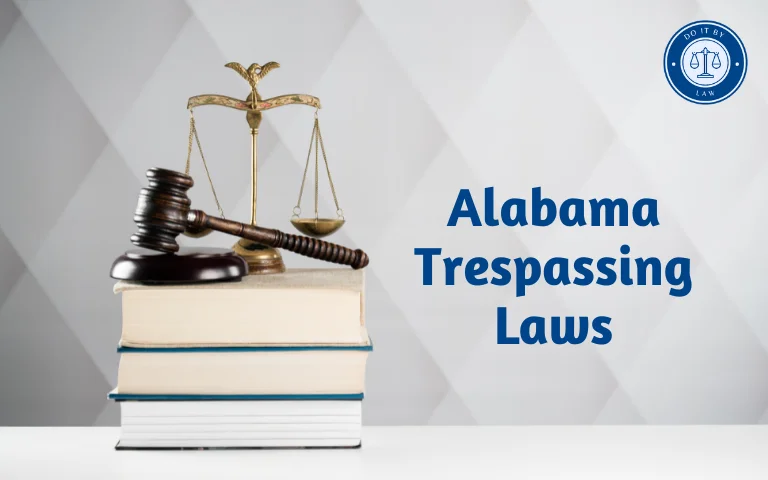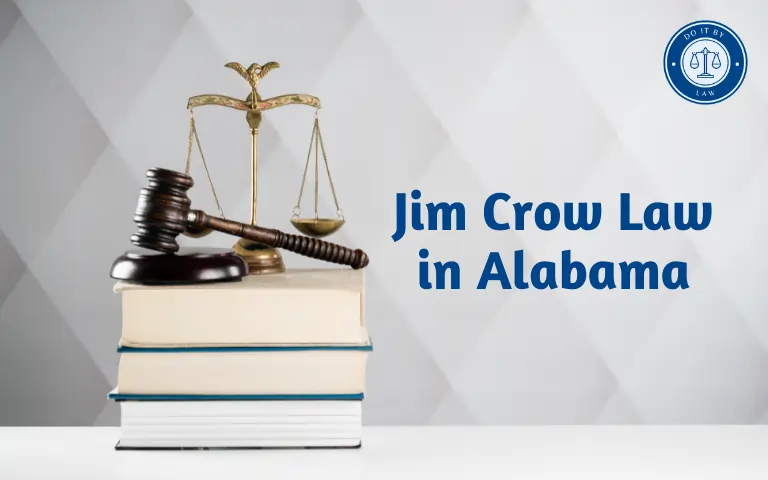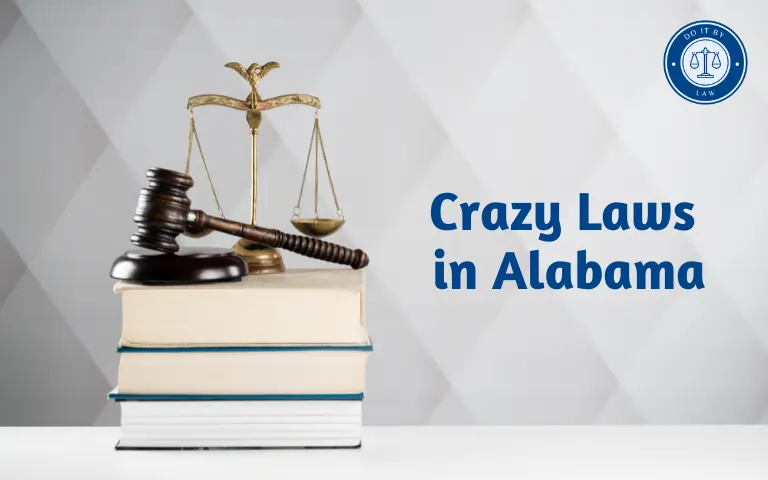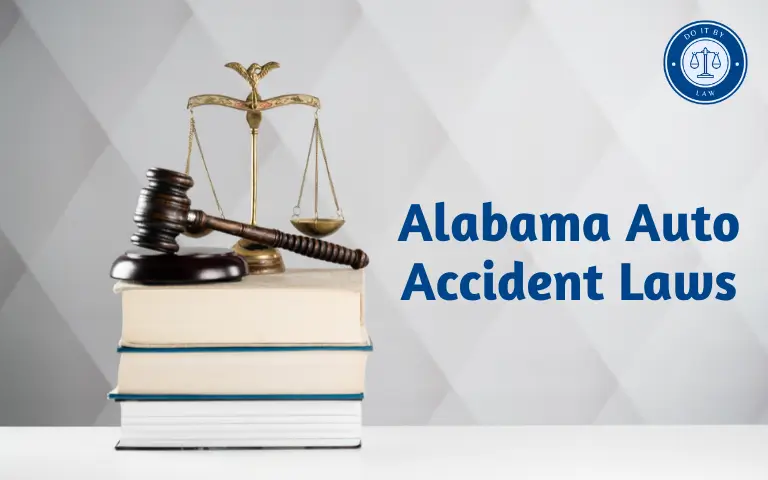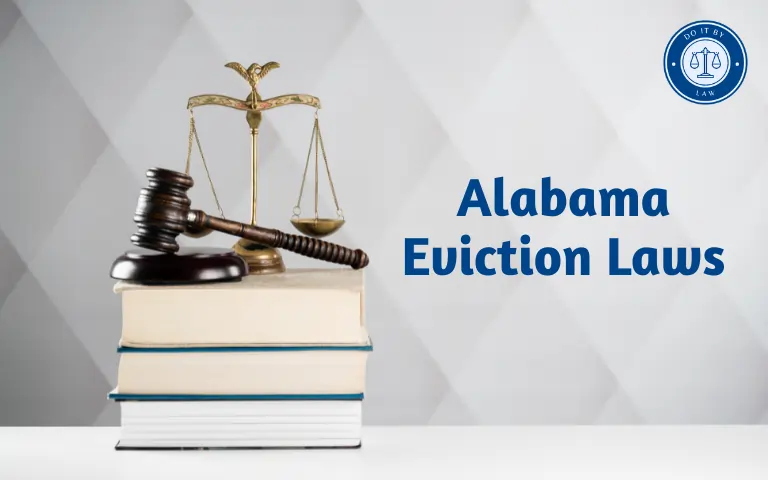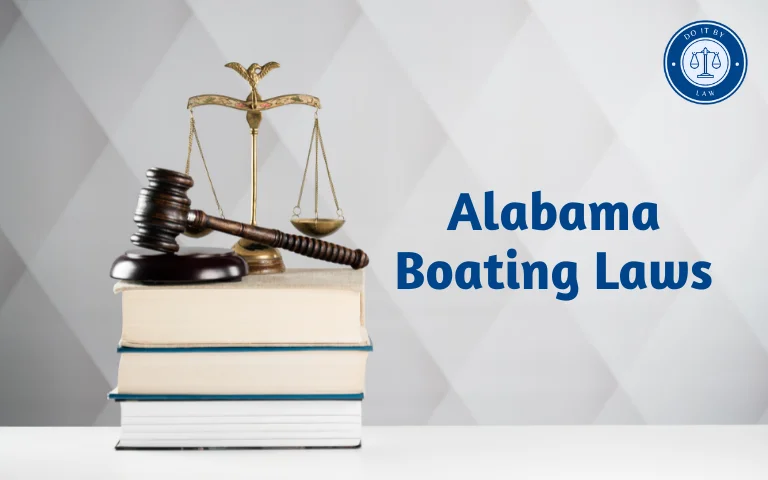Alabama Executor Laws: What You Need to Know
In Alabama Executor Laws (or personal representative) of an estate is responsible for carrying out the terms of a will and administering the probate process after someone dies. This article provides an overview of Alabama law related to the role and responsibilities of executors.
Introduction
Under Alabama probate law, the executor appointed in someone’s will has important duties like distributing assets, paying debts, and more. This article covers key aspects of Alabama law regarding executors, like eligibility, their powers and obligations, fees, and grounds for removal. It also summarizes relevant time limits, provides examples, and addresses common questions.
History and Purpose of Alabama Executor Laws
Alabama’s probate laws are contained primarily within the Alabama Uniform Probate Code, enacted in 1982 to standardize and simplify estate administration processes. Specific executor provisions are designed to:
- Outline qualification standards to serve as executor.
- Define executors’ fiduciary duties to estate beneficiaries.
- Establish parameters on executors’ authority and limitations.
- Provide for court supervision when necessary.
- Allow for executor fees from the estate.
- Create means to remove unfit executors if warranted.
By clearly delineating executors’ responsibilities and authority, Alabama executor laws aim to protect beneficiaries’ interests and ensure proper estate administration.
Who Alabama Executor Laws Apply To
Alabama’s executor laws govern:
- Individuals named as executors in a valid will. The testator chooses the executor.
- Administrators will be appointed by the probate court when no executor qualifies.
- Temporary administrators are named by probate judges in certain circumstances.
The law does not apply to trustees named in wills, agents under power of attorney, or heirs inheriting property directly.
Alabama Executor Laws Key Provisions and Requirements
Executor Eligibility Requirements
To serve as executor in Alabama, an individual generally must be:
- Over 19 years old.
- Alabama resident, or a relative of the deceased.
- Free of felony convictions involving moral turpitude.
- Mentally competent.
Corporations can also be appointed as executors in Alabama.
Executor Powers and Obligations
Key duties and powers of Alabama executors include:
- Filing the will for probate within a certain period.
- Providing required notices to beneficiaries.
- Creating estate inventories.
- Managing and protecting estate assets during administration.
- Obtaining appraisals for estate property if needed.
- Paying valid creditor claims and estate debts.
- Filing tax returns and paying taxes.
- Distributing assets to beneficiaries.
- Regularly providing accounting statements to beneficiaries.
Executors must act in good faith and in the beneficiaries’ best interests. They assume a fiduciary duty.
Executor Fees in Alabama
Alabama allows reasonable executor fees to be paid from the estate. Typical fee ranges:
- 5% of the first $5,000 of estate value.
- 4% of the next $90,000 of value.
- 3% of the next $250,000 in assets.
- 2.5% of remaining value.
Additional fees may be allowed for complex estates requiring extra work. Executors should maintain detailed time records and get court approval of fees.
Alabama Executor Time Limits
Key time limits for executors under Alabama law include:
- Filing will be for probate within 30 days of death.
- Notifying beneficiaries within 30 days of appointment.
- Filing inventory within two months.
- Settling small estates within 60 days.
- Filing interim/final accountings within a year.
Extensions can be requested if needed to properly complete duties.
Grounds for Removal of an Alabama Executor Laws
Alabama law allows for executor removal in certain situations like:
- Committing willful misconduct or breaching fiduciary duties.
- Having an unacceptable conflict of interest.
- Becoming incapacitated.
- Declaring bankruptcy.
- Mismanaging estate assets.
- Acting contrary to the will’s terms.
Beneficiaries or co-executors can petition the probate court for removal showing adequate grounds. The court will notify the executor and hold a hearing.
Recent Changes and Proposed Legislation
No major recent changes have amended Alabama’s executor laws. Proposed legislation in 2022 seeking to update aspects of the Uniform Probate Code failed to pass, including provisions related to:
- Allowing virtual, remote witnessing of wills.
- Clarifying fiduciary duties and liability protections for executors when investing estate assets.
- Increasing small estate limits to streamline processes.
These changes may be reintroduced in future sessions until enacted.
Controversies and Challenges
Alabama executor laws are well-established and have seen few controversies. Potential issues involve:
- Disagreements over executor fees if beneficiaries believe amounts unreasonable.
- Executor mistreatment of heirs or mismanagement of assets.
- Contested wills can lead to disputes over executor qualifications.
- Confusion over exoneration of surety bonds.
Overall, having clear guidance on executors’ authority facilitates efficient, conflict-free estate settlement.
Conclusion and Key Takeaways
- Alabama executor laws outline qualification criteria, powers, obligations, and fees for estate executors.
- Probate time limits exist for providing notices, filing inventories and accountings, and settling small estates.
- Executors can be removed for fiduciary breaches, incapacity, or misconduct via court petition.
- Proposed amendments like remote witnessing failed recently but may be reintroduced.
- Comprehensive executor rules in Alabama help limit conflicts during estate administration.


